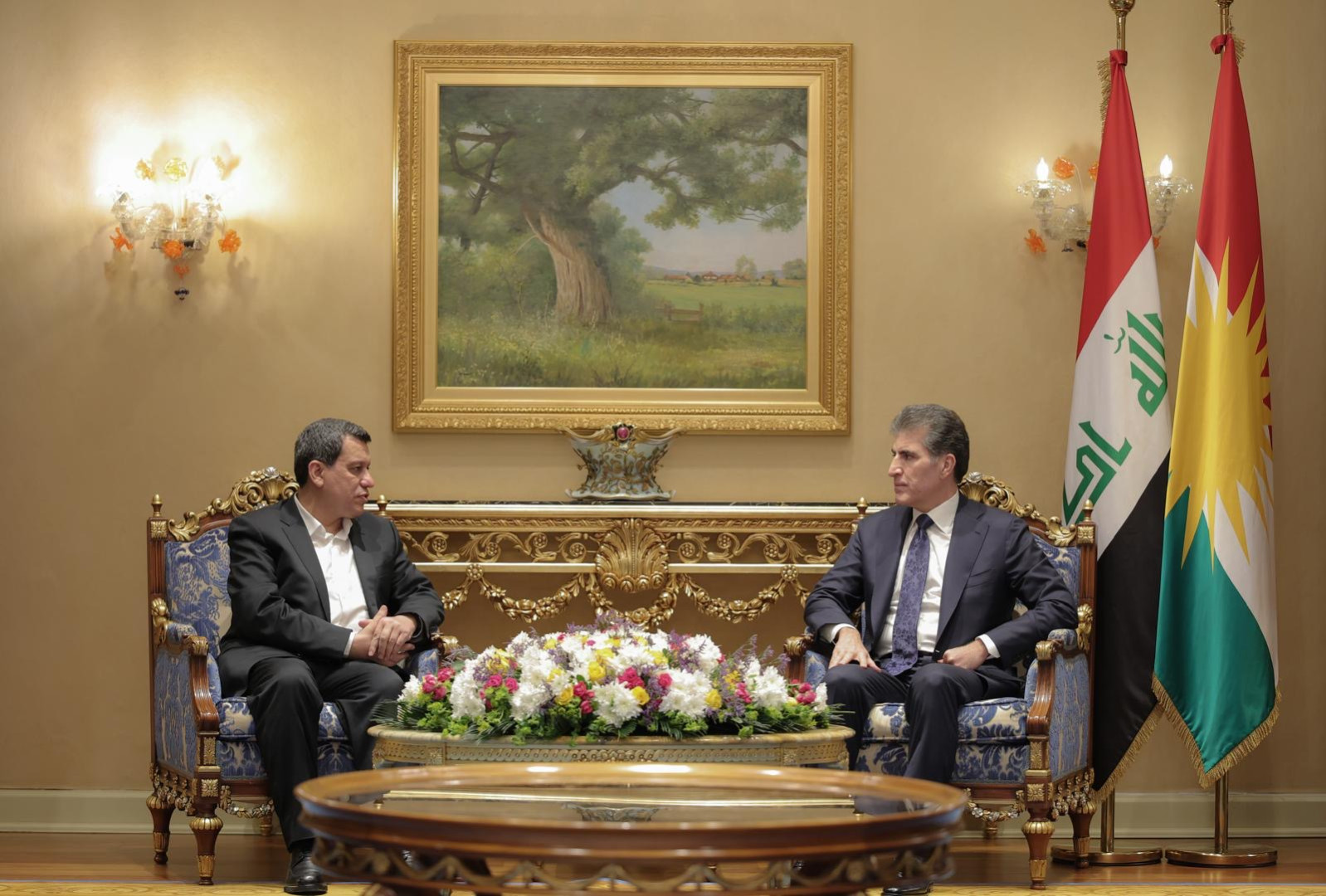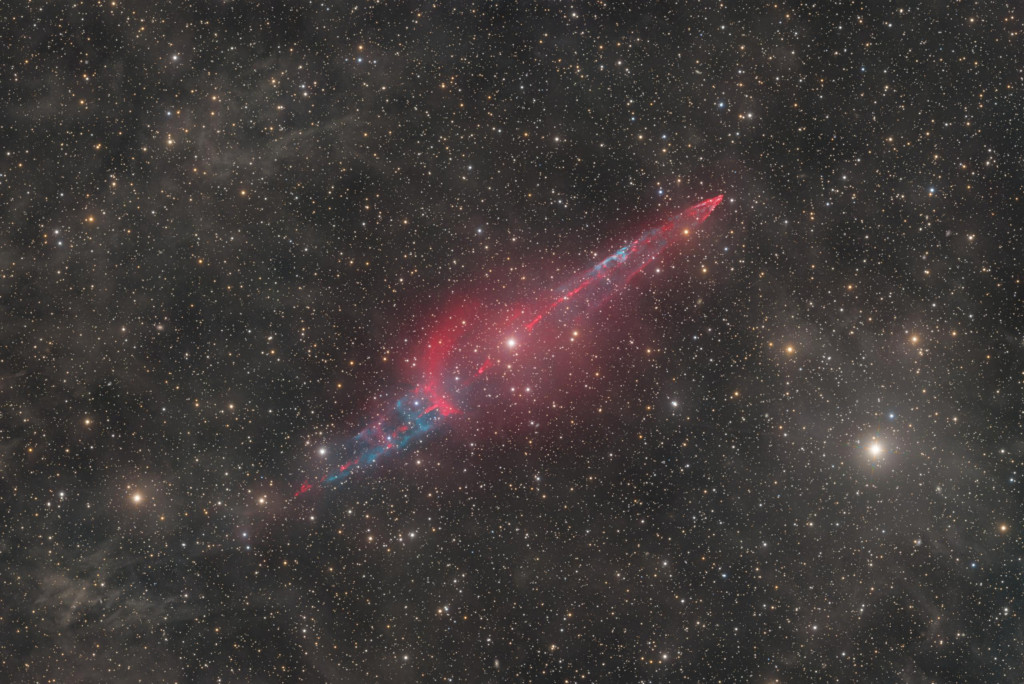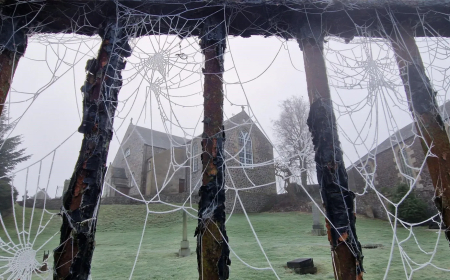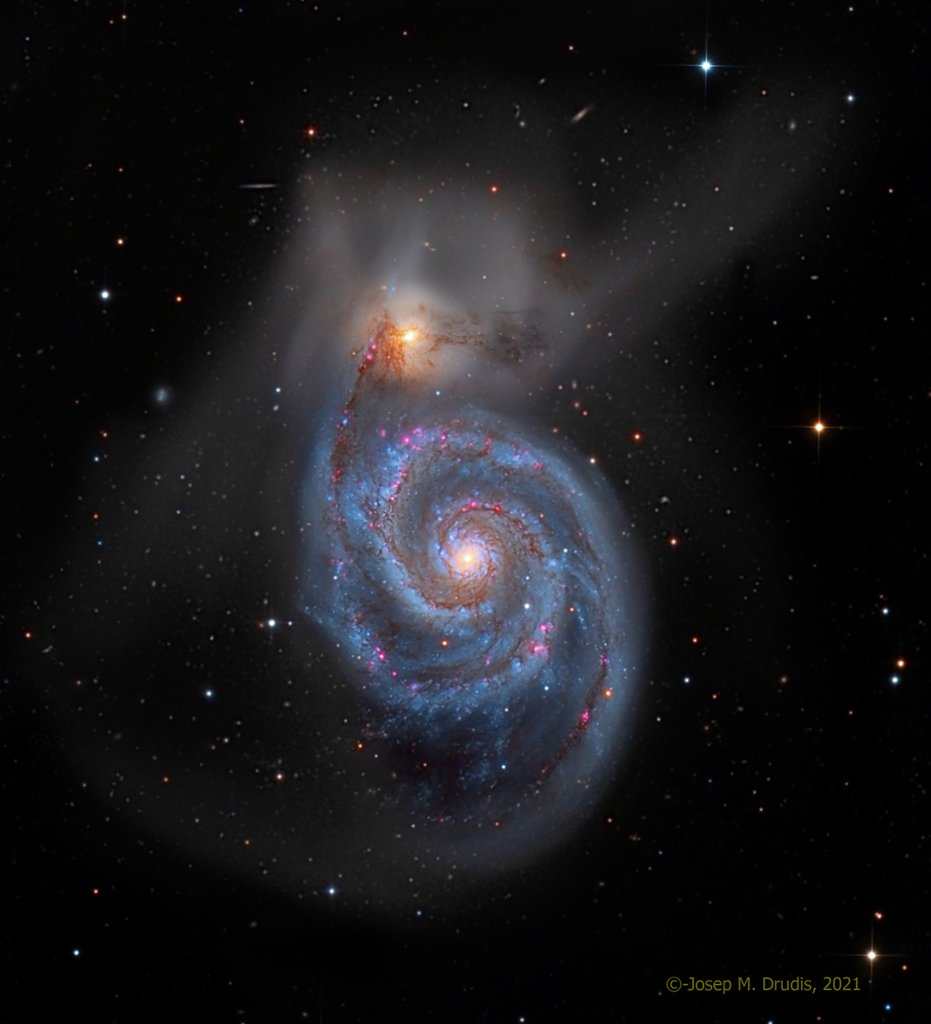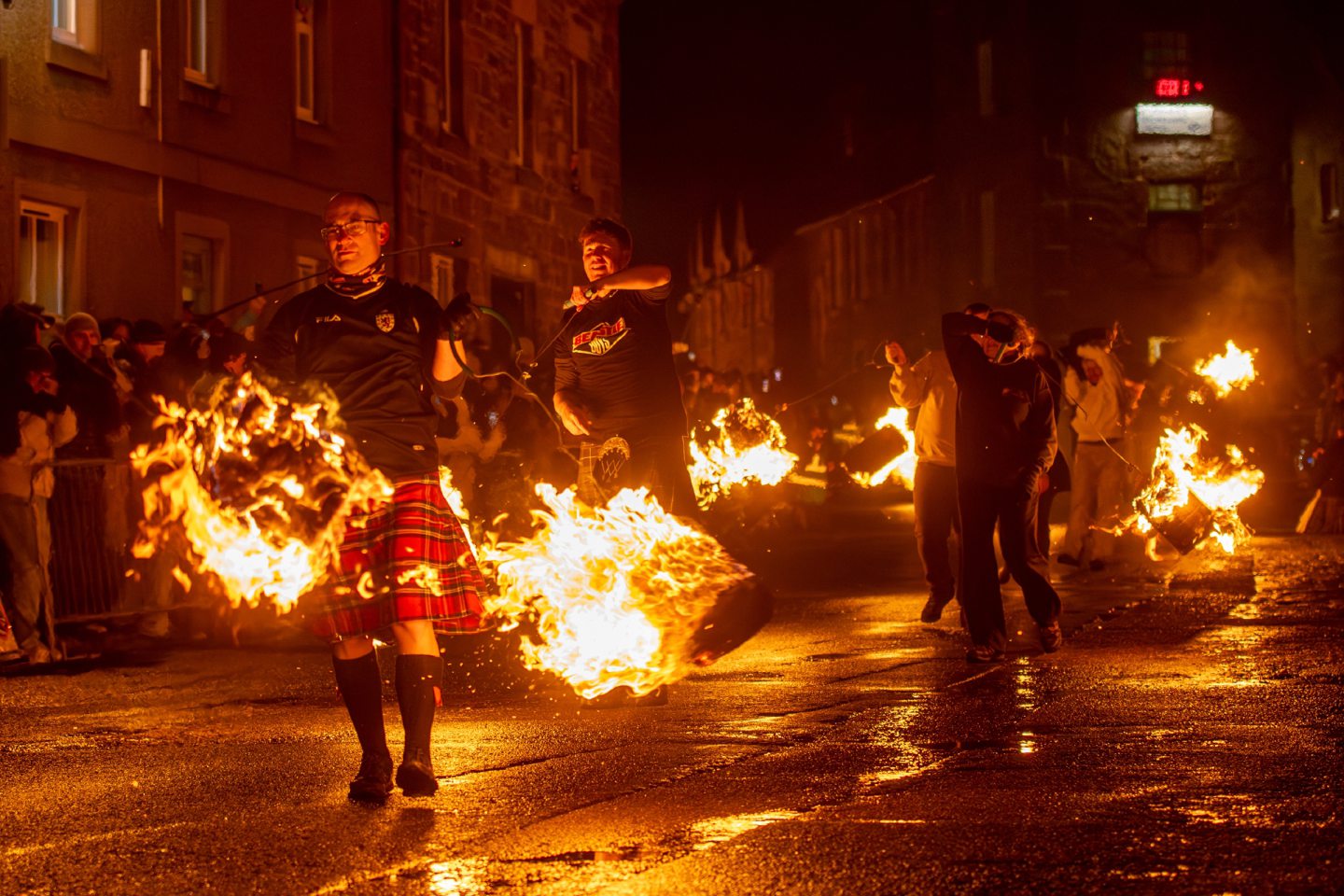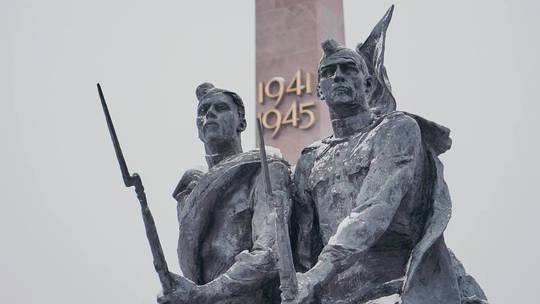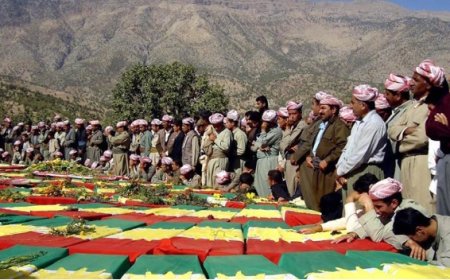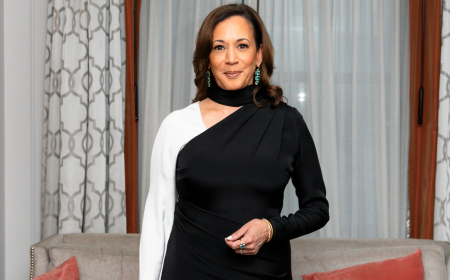The Bride of Kurdistan: Leyla Qasim's Eternal Flame
Sirwan Abdulkarim Ali / Politician and Academic
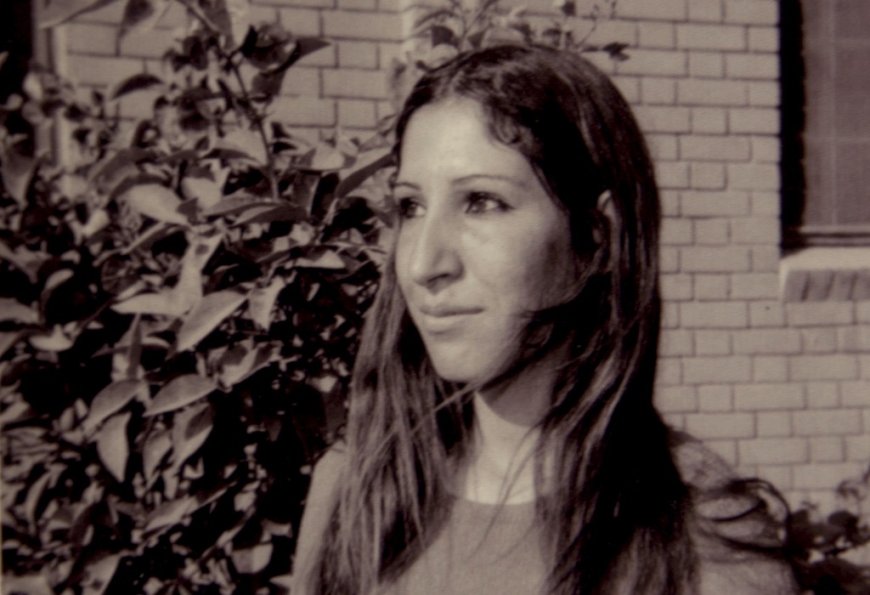
In the tapestry of Kurdish resistance, one thread shines with singular luminance—that of Leyla Qasim (1952-1974), whose brief life burned with such intensity that its glow continues to illuminate the path for generations. Born in Khanaqin to a Feyli Kurdish family, she would, in her mere twenty-two years, become an eternal symbol of Kurdish resilience and unwavering dignity.
The seeds of rebellion were sown early in Leyla's heart. In a household where Kurdish patriotism flowed as naturally as blood through veins, she absorbed the painful realities facing her people. Despite humble origins, her mind blossomed with exceptional clarity, carrying her through her education until she reached Baghdad University in 1971 to study sociology—a journey that would transform a bright student into a fearless activist.
It was in the crucible of university life that Leyla's political consciousness crystallized. Her affiliation with the Kurdistan Democratic Party in 1970 and subsequent active membership in the Kurdistan Students Union marked her emergence as a voice that refused to be silenced. In an era when the Ba'athist regime cast its dark shadow across Iraq, intensifying its suppression of Kurdish identity, Leyla and her brother Çiyako became clandestine chroniclers of injustice, distributing pamphlets that laid bare the regime's hostility toward Kurdish aspirations.
The hammer fell on April 28, 1974, when Iraqi authorities arrested Leyla and four fellow activists—Hassan Hama Rashid, Nariman Fuad Masti, Azad Sleman Miran, and Jawad Hamawandi. Accused of plotting to hijack an aircraft and assassinate Saddam Hussein—charges widely believed to be fabricated—they were imprisoned in the notorious Abu Ghraib, where torture aimed to break their spirits.
Yet even in that dark place, Leyla's conviction remained unbroken. During her televised show trial, she faced her accusers with defiance, reportedly declaring: "Kill me! But after my death, thousands of Kurds will awaken. I die with pride for an independent Kurdistan."
On May 12, 1974, Leyla Qasim became the first woman executed by Iraq's Ba'athist regime. For her final request, she asked to wear traditional Kurdish clothing to her execution—a poignant act that transformed her into the symbolic "Bride of Kurdistan." Walking to the gallows, she sang "Ey Reqib," the Kurdish national anthem—her final act of defiance against those who sought to silence her voice but instead amplified it across generations.
Her execution reverberated beyond Kurdistan's mountains, drawing international eyes to the Kurdish struggle. Rather than extinguishing the flame of resistance, her martyrdom ignited it anew. Many Kurdish students, inspired by her sacrifice, joined the peshmerga to continue the battle for autonomy and recognition.
Today, "The Bride of Kurdistan" lives on as a symbol of courage, integrity, and unwavering commitment to freedom. Schools, parks, and cultural institutions across Kurdistan Region bear her name, while countless Kurdish girls are named "Leyla" in her honor—living testaments to her enduring legacy.
As we commemorate Leyla Qasim, we are reminded that true courage is not the absence of fear but the determination to stand firm for one's convictions even at the ultimate cost. Her legacy transcends Kurdish nationalism, speaking to universal aspirations for dignity and self-determination—a testament that the most powerful resistance often comes from those who appear most vulnerable.
The story of the young woman who chose to die as the "Bride of Kurdistan" rather than forsake her principles continues to inspire all who believe in the right of peoples to determine their own destiny. In honoring Leyla Qasim, we celebrate not just a historical figure but the timeless spirit of resistance she embodied—a spirit that continues to fuel movements for justice worldwide.
Today, this legacy is formally commemorated through an annual festival organized by the Kurdistan Democratic Party's Kalar branch, under the supervision of branch official Akram Saleh. The event honors her as one of Garmian region's freedom fighters and recognizes five female activists selected according to organizational and national criteria. These women are awarded the Leyla Qasim Medal, perpetuating the martyr's spirit through a new generation of Kurdish women who continue her path of struggle and dedication. This meaningful initiative stands as yet another testament to how a life, however brief, can leave an indelible mark when lived with unwavering principle.

